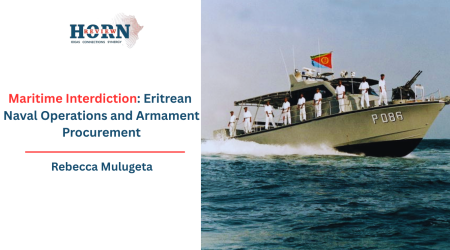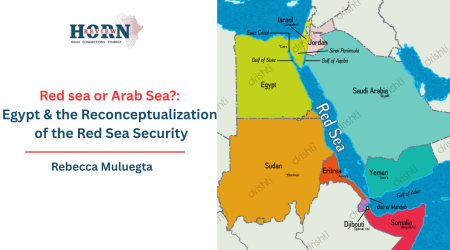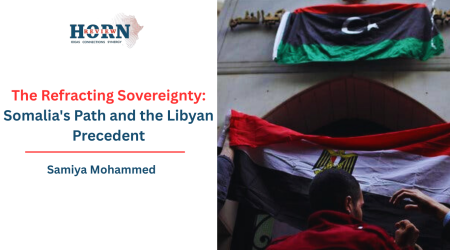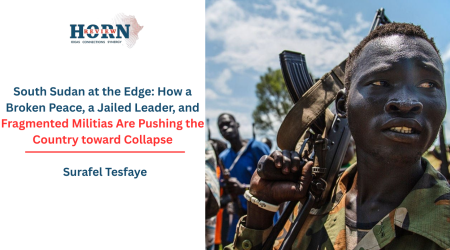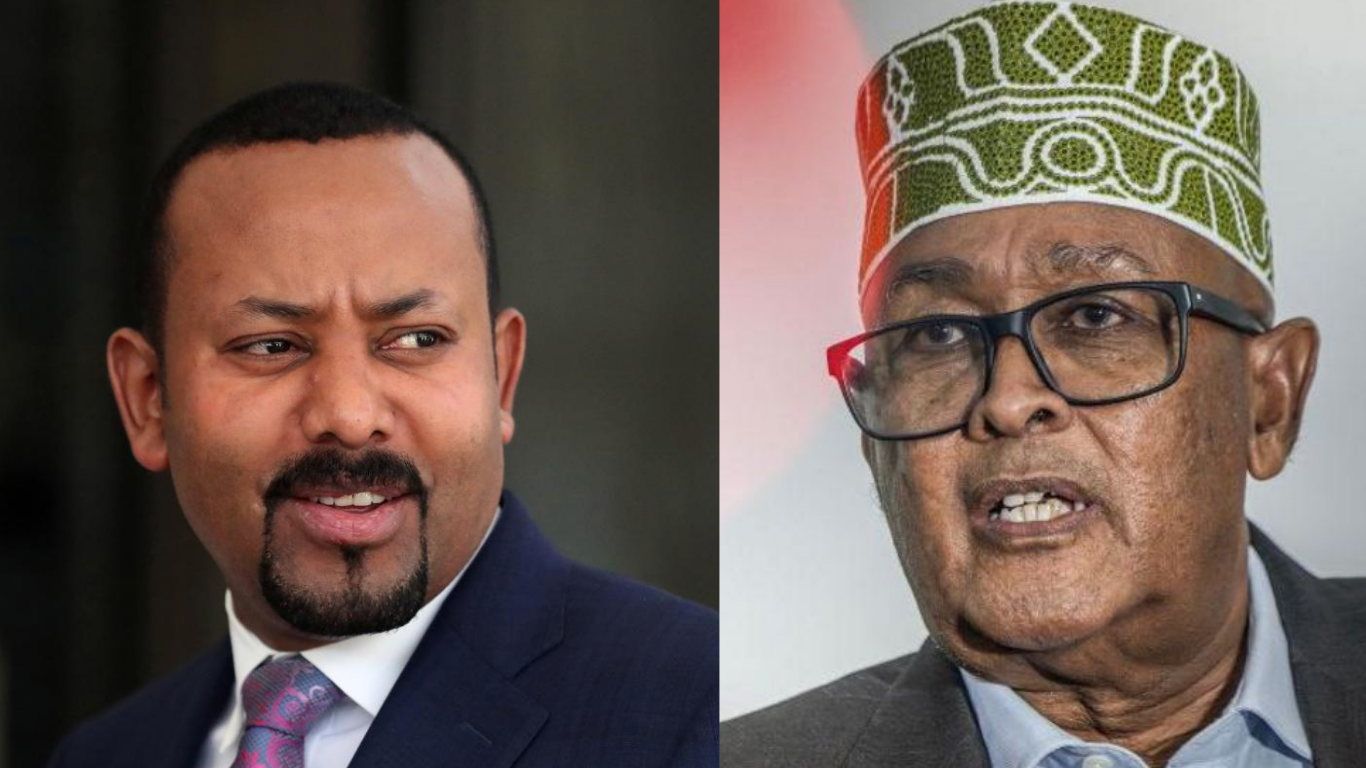
22
Jul
Ethio-Somaliland Pact: A Solution to the Red Sea Red Security Alert
Sec. Marco Rubio’s recent comment on Djibouti must be alarming for Ethiopia and Somaliland. As was seen in the news, Rubio spoke with the Djiboutian President Guelleh this week. Rubio claimed that Djibouti is an “indispensable partner” of the U.S. in the Horn of Africa. Guelleh and Rubio discussed further ways to deepen the strategic U.S.–Djibouti relationship and agreed on the importance of promoting stability and commerce in the Horn of Africa and the Red Sea.
By contrast, in 2018, Rubio was sending numerous letters to then-Secretary of State Mike Pompeo, an American politician who served under President Donald Trump as Director of the Central Intelligence Agency from 2017 to 2018 and later as Secretary of State, demanding that the U.S. take action against Djibouti for assisting China. The mere presence of China in the region was viewed as undermining the U.S. partnership with countries in the Horn of Africa.
Today, credible media reports and regional observers claim that Djibouti may be supporting the Houthis, who have attacked U.S. commercial ships in the Red Sea. The allegations include facilitating missile transfers and illegal weapons, contributing to disruptions in maritime trade, and going against the principle of free navigation.
Fast-forward to 2025: the same Rubio is now serving as a major voice in U.S. foreign affairs, and refers to Djibouti as an “indispensable partner.” It is worth noting that two U.S. Marines were recently killed in the Bab-el-Mandeb Strait during the seizure of an Iranian dhow carrying illegal arms. Moreover, reports from U.S. defense and intelligence sources claim that Iranian spy ships docked in Djiboutian ports have assisted the Houthis.
We heard that the director of Djibouti’s port reportedly boasted that the Red Sea crisis is good for securing their national interest, a troubling statement given the destabilizing nature of the conflict. On the other hand, Djibouti has allegedly been working to arm a Somali-backed movement in the Awdal region of Somaliland, which borders Djibouti. Awdal, located in a sensitive area near the American military base in Djibouti, this development creates further complications in Djibouti’s role in regional stability and U.S. security interests.
Despite all of these, the U.S. continues to hold a positive view toward Djibouti. One cannot ignore the involvement of global powers such as China in Djibouti’s politics. Beijing has not only built a military base there but has also extended major infrastructure loans to the country. Suppose the U.S. were to approach Djibouti with force or any non-peaceful means. In that case, it might trigger a high-stakes rivalry between major powers such as the U.S. and China in the Horn of Africa, similar to what we witnessed between Europe and Russia during the Ukraine war. Thus, it seems wise for the U.S. to adopt a cautious, diplomatically engaged foreign policy with Djibouti. Nevertheless, one must question the sincerity of Rubio’s remarks, especially in light of recent allegations and security failures.
The U.S. is still sending mixed signals to the Horn states. In one respect, the U.S. Ambassador to Ethiopia expressed support for Ethiopia’s pursuit of sea access, framing it as a legitimate claim. Moreover, Washington has shown interest in granting Somaliland the recognition it seeks as a sovereign nation. Yet, Rubio’s praise of Djibouti appears to contradict this alignment, making it difficult to grasp a consistent U.S. policy in the region. This ambiguity creates confusion. Yet this does not mean the U.S. lacks a foreign policy strategy. Instead, the policy appears to be fragmented and opportunistic, adapting to short-term strategic interests rather than long-term regional stability. Therefore, Ethiopia and Somaliland must find ways that will allow them to work constructively and consistently with the U.S.
Ethiopia’s historical peacekeeping role in the region is commendable and widely respected. Somaliland, on the other hand, is well-positioned on the Gulf of Aden and is as strategically significant as Djibouti. Moreover, in Somaliland, democratic values are visibly upheld by political elites and civil society, making it a relatively stable partner in a volatile region. Ethiopia and Somaliland must aim to work together with the U.S., leveraging Ethiopia’s diplomatic and peacekeeping legacy and Somaliland’s geographic and political advantage. Such cooperation could offer the U.S. an alternative alliance in the Red Sea arena, less dependent on a volatile Djibouti. Djibouti, by contrast, appears more focused on utilizing regional urgencies and remains finite in its ability to address escalating security strains in the Red Sea.
In summary, even though Djibouti’s strategic position remains critical, the U.S. would benefit from reassessing its Horn of Africa policy stance by including more balanced and transparent engagements with Ethiopia and Somaliland. A multidimensional approach would not just ensure regional security but also guard against overreliance on one actor, especially one increasingly entangled in great power competition.
By Markos H. Feseha and Tselot Getachew, Researchers, Horn Review

